Knee pain can make even simple activities like walking or standing a challenge. Whether it’s caused by a sports injury, chronic condition, or age-related wear and tear, knee pain can severely limit your mobility and quality of life. Fortunately, physiotherapy for knee pain in Gurgaon offers an effective, non-invasive solution to help you regain movement …
Knee pain can make even simple activities like walking or standing a challenge. Whether it’s caused by a sports injury, chronic condition, or age-related wear and tear, knee pain can severely limit your mobility and quality of life. Fortunately, physiotherapy for knee pain in Gurgaon offers an effective, non-invasive solution to help you regain movement and manage pain.
At Painflame, we specialize in treating a variety of knee conditions with personalized knee rehabilitation physiotherapy in Gurgaon, designed to restore strength, mobility, and overall knee function.
Which Is the Best Physiotherapy Treatment for Knee Pain?

Knee pain can result from several factors, such as arthritis, ligament injuries like ACL tears, or tendinitis from overuse. So, what is the best treatment?
Physiotherapy is one of the most effective approaches, offering a combination of manual therapy, exercises, and pain management techniques to help reduce inflammation and strengthen the knee joint. At Painflame, we create custom plans tailored to your specific condition, helping to relieve pain and prevent future issues.
Can Physiotherapy Help with Knee Pain Due to Arthritis?
For many people, especially seniors, arthritis is a common cause of chronic knee pain. Fortunately, physiotherapy for chronic knee pain in Gurgaon offers relief. Here’s how physiotherapy can help:
- Pain relief: Using manual therapy and targeted exercises, physiotherapy helps alleviate knee pain.
- Strengthening muscles: Exercises focus on building the muscles that support and stabilize the knee, like the quadriceps and hamstrings.
- Improving mobility: Stretching and joint mobilization techniques help improve flexibility, allowing you to move more freely and increasing functional movement during squatting activities
How Long Does It Take to Recover from Knee Pain with Physiotherapy?
One common question patients ask is, “How long does knee pain take to heal with physiotherapy?” Recovery time depends on the cause of the pain and your treatment plan:
- Acute Injuries: Recovery from Grade 1 sprains or ligament tears usually takes about 6-8 weeks with regular physiotherapy sessions.
- Chronic Conditions: Conditions like arthritis often require ongoing therapy, but many patients notice improvements within a few weeks.
- Post-Surgery Rehabilitation: After knee surgeries, recovery through physiotherapy can take anywhere from 3-6 months, depending on the surgery.
At Painflame, we create customized recovery timelines based on each patient’s specific condition and goals.
How Can I Treat Knee Pain That Won’t Heal with Rest?
If you’re wondering why your knee pain persists even after rest, it might be due to an underlying condition that requires more than just rest. Common reasons include:
- Ligament Injuries: ACL or MCL tears often need specialized rehabilitation.
- Chronic conditions: Arthritis or cartilage wear can cause ongoing discomfort.
- Overuse injuries: Conditions like tendinitis often require physiotherapy for a full recovery.
If rest isn’t helping, it’s important to seek professional guidance. Searching for a knee injury physiotherapist near me can help you find expert care to address the root cause of your pain and guide you toward recovery.
How Does Physiotherapy Help Prevent Future Knee Injuries?
Physiotherapy not only treats existing knee pain but also helps prevent future injuries. By strengthening the muscles around the knee, improving flexibility, and correcting posture, knee rehabilitation physiotherapy in Gurgaon reduces the risk of further knee problems.
Athletes, in particular, benefit from physiotherapy after injuries like ACL tears, meniscal injury . Proper rehabilitation ensures full recovery and lowers the chances of re-injury, allowing you to return to your activities safely and confidently.
Why Choose Painflame for Knee Pain Physiotherapy in Gurgaon?

At Painflame, we offer some of the best physiotherapy services for knee pain in Gurgaon. Here’s why we’re the top choice for many patients:
- Personalized Care: Every treatment plan is customized based on your specific knee condition and recovery goals.
- Experienced Physiotherapists: Our team has extensive experience treating knee injuries and managing chronic pain.
- Advanced Techniques: We use the latest techniques, including Kinesio taping, manual therapy, and electrotherapy, for fast and effective recovery.
- Convenient Location: Our clinic is centrally located, making it easy to access high-quality care.
When Should You Visit a Physiotherapist for Knee Pain?
Knee pain is common, but not all types require a visit to a physiotherapist. However, you should consider physiotherapy if:
- Your knee pain has lasted for more than a few weeks.
- You experience difficulty walking, climbing stairs, or performing daily activities.
- Rest and pain relief medications haven’t helped.
- There is swelling, stiffness, or instability in your knee joint.
Consulting a knee injury physiotherapist near me can help you get the expert care you need to address the root cause of your pain and get back to your normal routine.
Take Control of Your Knee Pain and Regain Mobility Today
If knee pain is disrupting your daily life, don’t wait for it to get worse. At Painflame, we provide specialized physiotherapy for knee pain in Gurgaon, helping you recover effectively and live pain-free. Book your consultation today and take the first step toward pain relief and improved mobility.
Get lasting relief from knee pain and restore mobility with expert physiotherapy. Book a consultation at Painflame today for effective treatment and long-term recovery in Gurgaon.
Recent Blog : Effective Physiotherapy for Back Pain in Gurgaon: Regain Your Mobility
Frequently Asked Questions (FAQs)
1. What is the fastest way to relieve knee pain?
The fastest way to relieve knee pain involves a combination of rest, applying ice, compression, and elevating the leg (RICE method). Over-the-counter pain relievers and gentle stretching exercises may also help. For persistent pain, consult a physiotherapist to address the underlying cause.
2. When should I worry about knee pain?
You should worry about knee pain if it lasts for more than a few weeks, worsens with activity, or is accompanied by swelling, instability, or inability to bear weight. Immediate medical attention is necessary if you experience severe pain or a visible deformity in the knee.
3. What exercises should I avoid with knee pain?
Exercises that put excessive pressure on the knees, such as deep squats, lunges, running on hard surfaces, and high-impact activities like jumping, should be avoided if you have knee pain. Focus on low-impact exercises like swimming, cycling, or walking to protect the knee.
4. Can knee pain be a sign of something serious?
Yes, knee pain can sometimes be a sign of serious conditions like a torn ligament (e.g., ACL), meniscus injury, or even arthritis. Infections, fractures, or underlying diseases like rheumatoid arthritis may also cause knee pain and require prompt medical evaluation.
5. How can I prevent knee pain as I age?
To prevent knee pain as you age, maintain a healthy weight, engage in regular low-impact exercises to strengthen the muscles around the knee, and practice good posture. Stretching, wearing supportive footwear, and avoiding high-impact activities can also help protect your knees.






